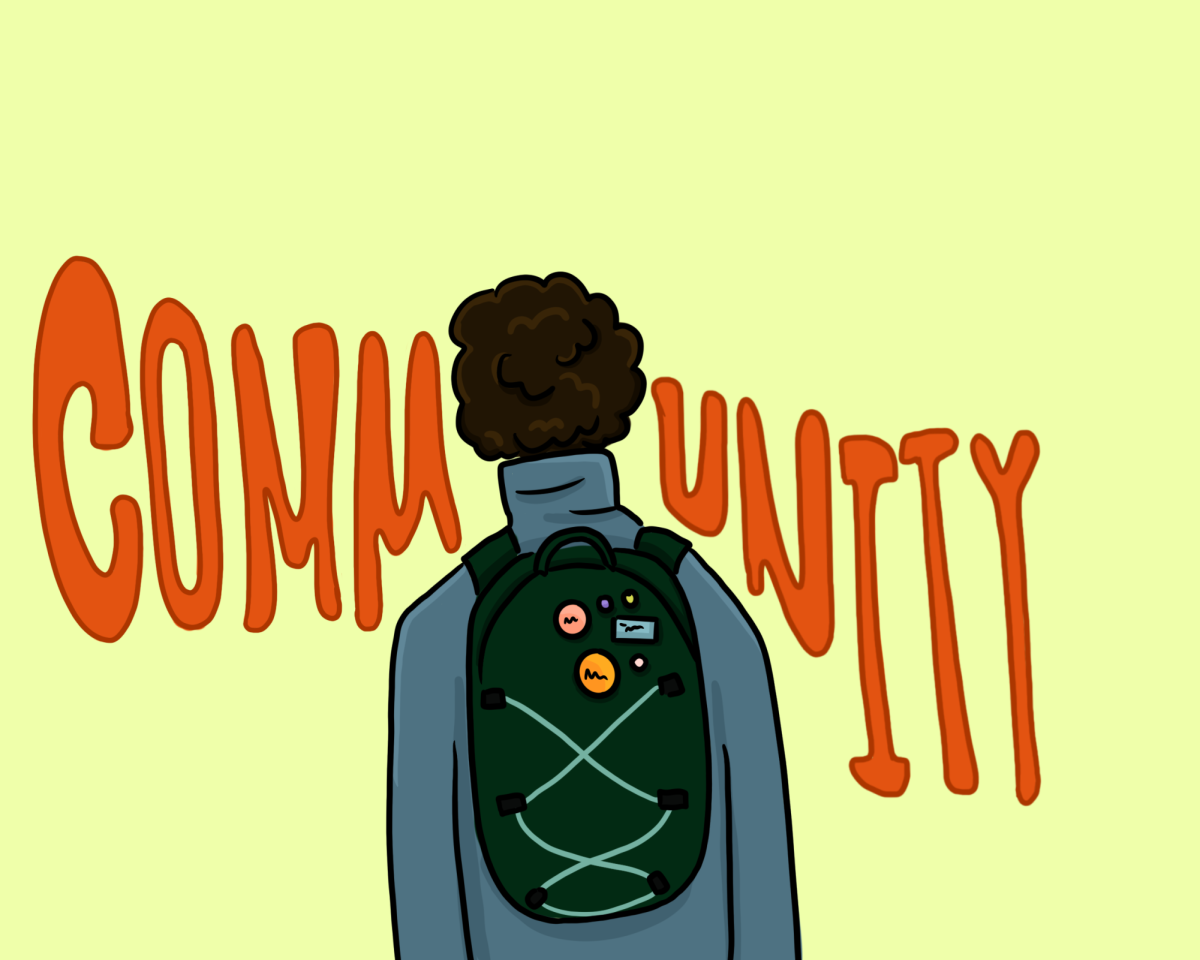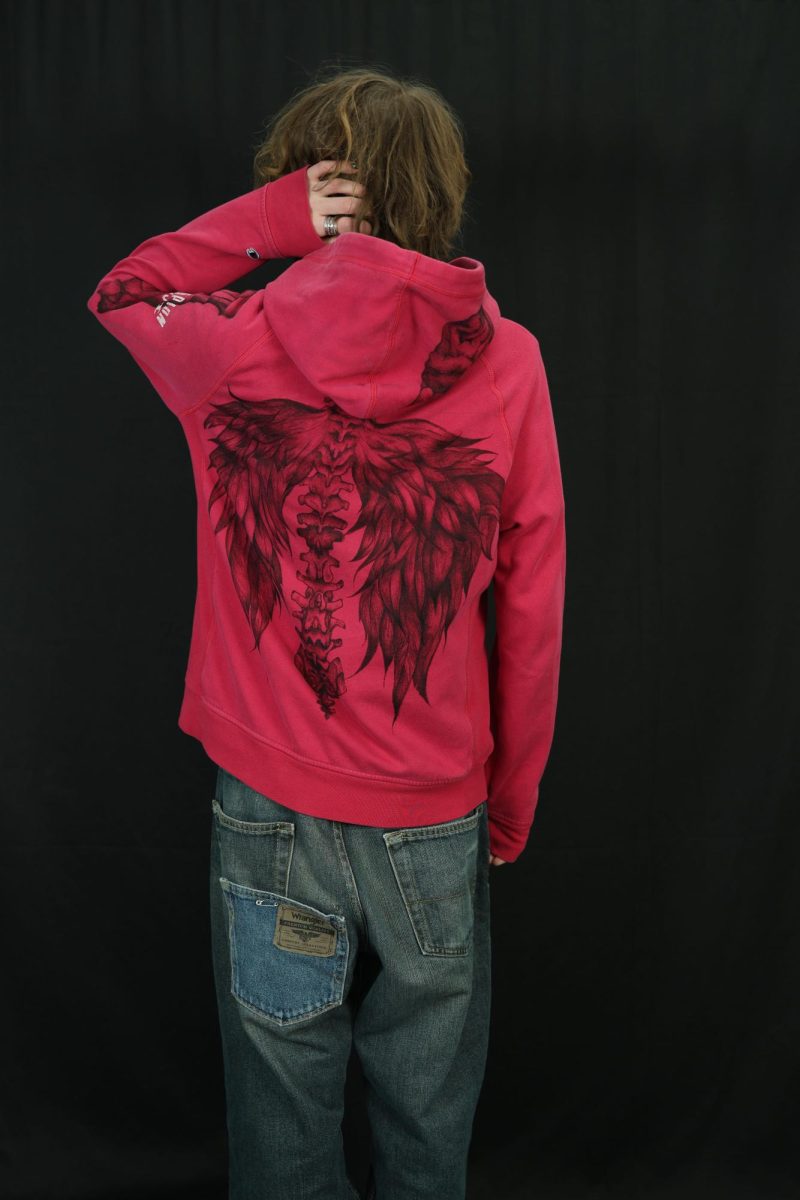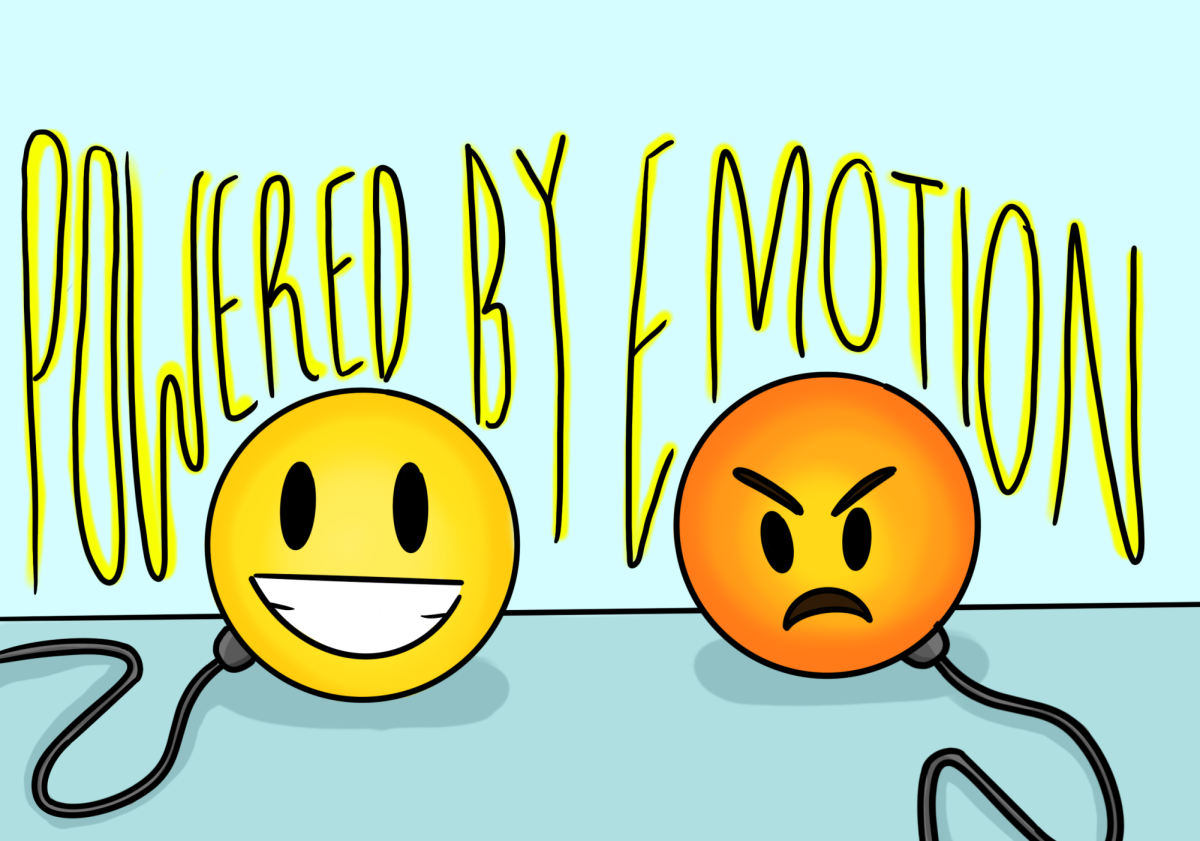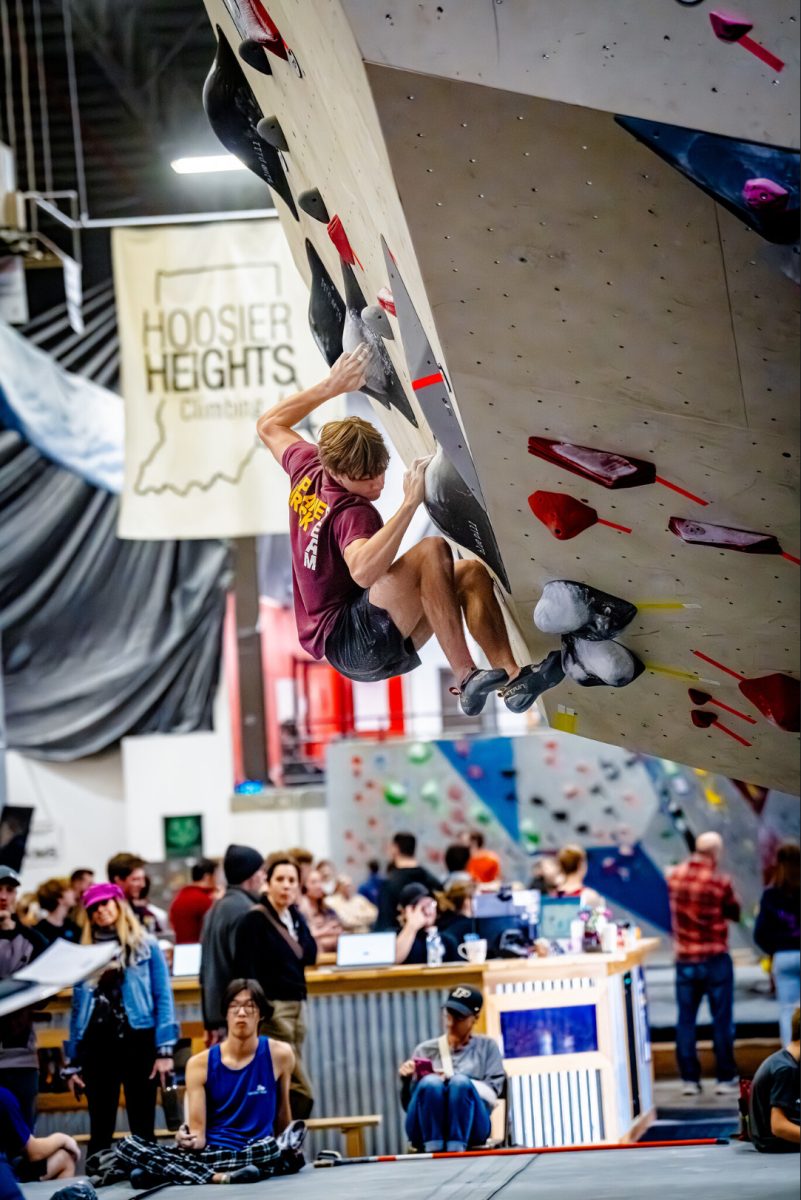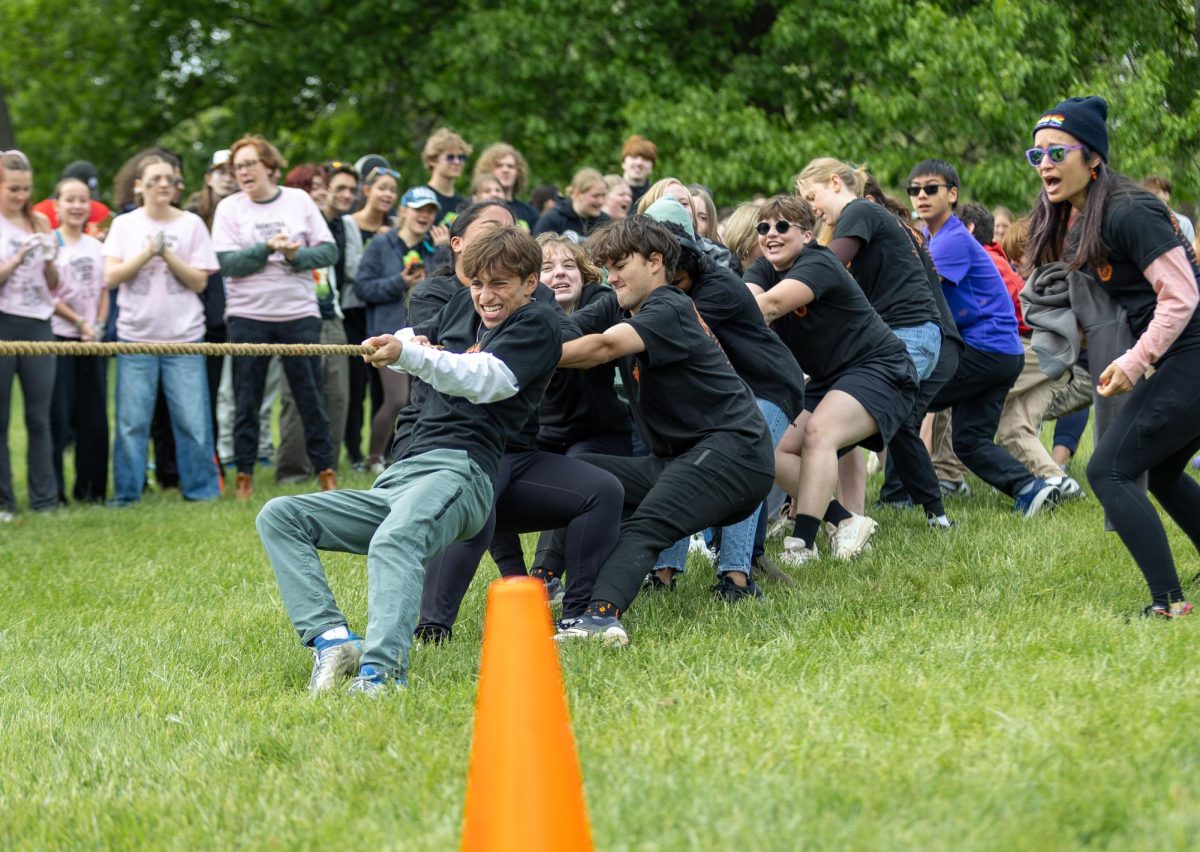The University of Michigan has set out a proposal for a partnership with Mitchell Elementary School and Scarlett Middle School. There are two goals of the proposal: to give the undergrads at the university an opportunity to experience a career in teaching in a live setting and to improve the academic performance at these schools. “I think Scarlett is the ideal place,” said Ellen Daniel, an English Language Arts teacher at Scarlett Middle School.
As part of the partnership, the University of Michigan is hoping to bring year-long schooling to the school district. The year-long schooling proposal would shorten the normal summer break for students to be in school for a longer time and shorten the school week for other activities. A year-long school system has always been perceived as a daunting adjustment to our school calendar. The usual school calendar the Ann Arbor Public School district follows consists of several long breaks in between big blocks of school time, the first break taking place around Thanksgiving. “The year-long school schedule is just a solid block of school, school, followed by a break, and then crunch time and another break, then you have finals,” said Daniel, who believes there needs to be a change in the school calender.
“I do think nationally, there will be discussion around more time spent in school,” said Daniel. Daniel believes the partnership with the University of Michigan could greatly improve the school systems, in part because the proposal to change the typical school year to year-long schooling will free up time for extra-curriculars and off building activities. “I know there has been a lot of talk about [this], but I think that got blown way out of proportion,” said Daniel. “Instead of thinking about it as ‘year-round schooling’, I would think about it as a more measured, more reasonable pace for everybody.”
The year-long schooling proposal would award time during the school week to partake in other activities or simply give students time to enjoy things they wouldn’t have time for. Daniel would also like to have free time during other parts of the year to do things she wouldn’t be able to during breaks. “I never get to go up north to see the fall color change because there is just too much to do during those weekends,” said Daniel. Liviya Racine, a Math teacher at Scarlett Middle School, thinks the year-long school system could benefit students in many ways as well, such as allowing them to get involved with extra-curriculars they wouldn’t be able to do otherwise. “They would have time off to engage in other things not in the building, “ said Racine, “if we think of things that are creative, we could do things differently.”
Although the proposal for year-long schooling is not ready to take immediate effect, Racine and Daniel are both excited for it to happen and for the future collaborations with the University. The partnership proposed by the University of Michigan involves a lot of one-on-one activities between undergrads and middle school students. Daniel is starting a partnership with the students from the University in the spring, while Liviya Racine has already started a partnership project with students from the University.
This project will not only benefit the middle school students, but the undergraduates involved as well, by giving them a realistic feel of the teaching career. “For the teacher-interns, this is such a great building, in terms of understanding kids and really getting a deep understanding of diversity and how differences can be so amazing and the challenges it can present.” said Daniel. Scarlett consists of well-rounded students from different backgrounds, race, and ethnicities, so “they are getting the real experience and [getting] the chance to meet and work with the kids,” said Racine.
For Racine’s 6th and 8th grade math classes, the UofM students are working one-on-one with students to improve students’ current test scores and math levels. The project involves a ‘mini class’ of about 51 undergraduates, called teacher-interns. They learn how to write tests and how to analyze results to figure out what the students really know.
On the first day, Racine lectured the class of undergraduates about her thinking process while planning lessons and writing tests. Each intern got a copy of a test Racine had written previously. The same test was then given to Racine’s 6th grade class to take and the results were given back to the interns.
The next time the undergraduates met with Racine’s class, they interviewed the sixth graders individually to find out what their thinking process was while taking the test. “[They] asked them questions about what happened here, what [they] were thinking and tried to get more out of them,” said Racine.
The interns are to analyze these results and plan an activity that would help the individual student improve. “Their job as interns is to assess the tests: they read through it and find the errors, and think about what they would do next as a teacher,” said Racine.
In about two weeks, the interns are going to work with their individual student on an activity they planned. “Their goal is to take them at whatever level they are at and step them up a notch,” said Racine.
“I think it’s really exciting because the goal of being a teacher is to do better next time,” said Daniel. “Just all the resources the university could bring to those kinds of discussions with teachers, I think would be really cool.”



